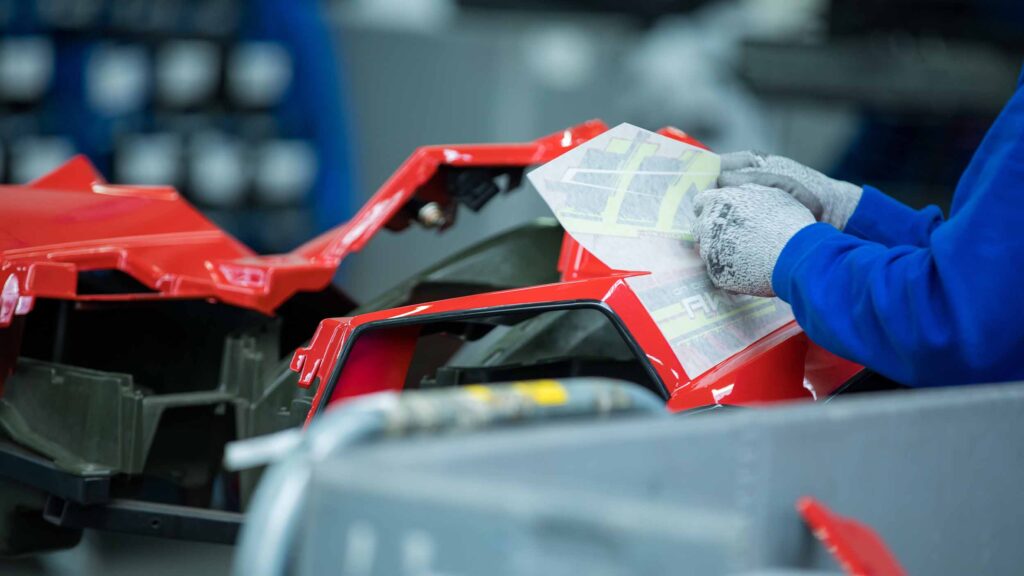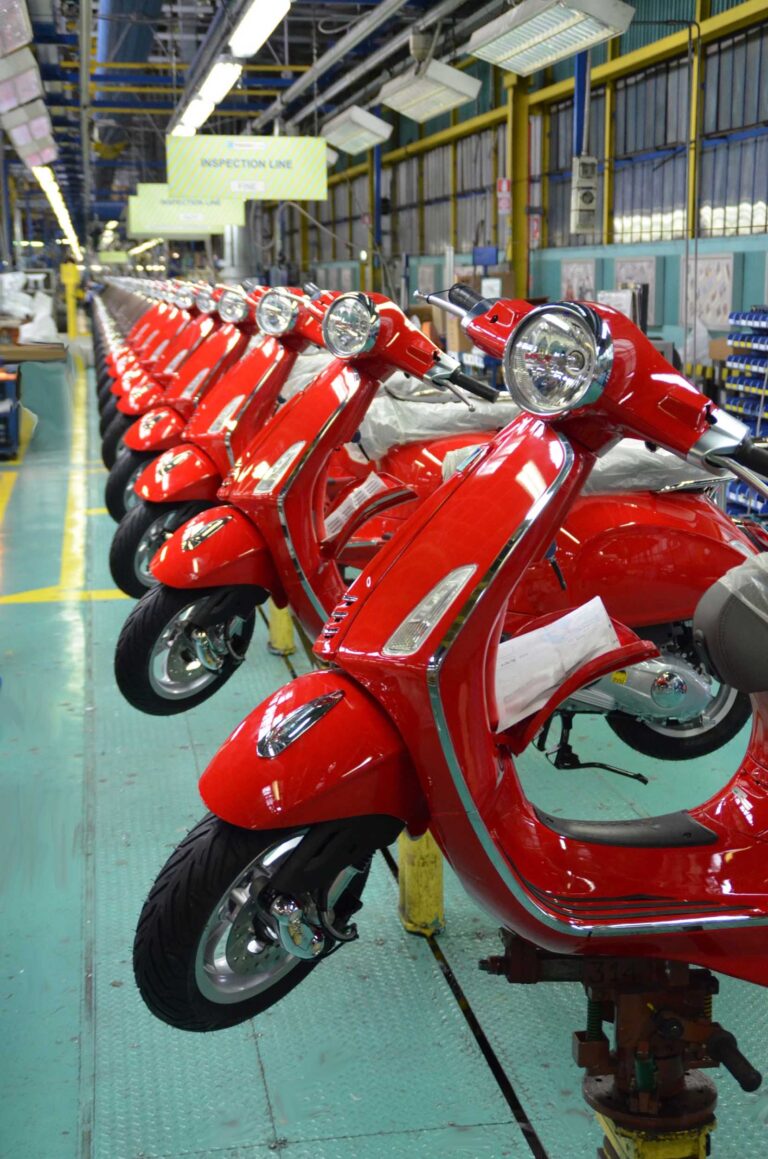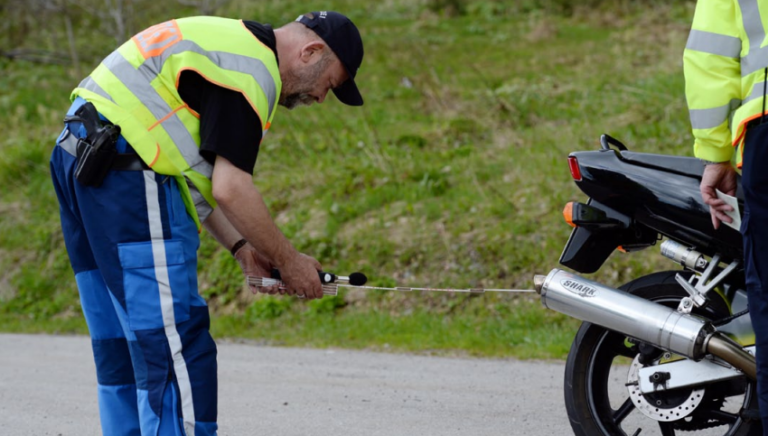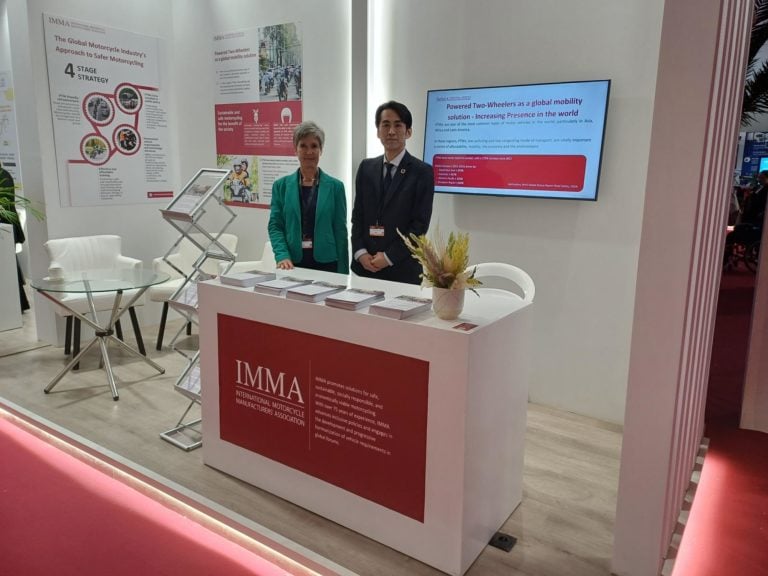ACEM VISION 2030+
Circularity
circular approach
Consumption and production patterns have wide environmental and social impacts. As the EU aims at decoupling economic growth and the improvement of living standards from resource use, the circularity of materials in the economy is becoming crucial for market operators in the motorcycle industry.
ACEM and its members firmly support the reduction of both the need for resource extraction and the amount of waste ending up in landfills or incineration. The circular approach will entail safe management of chemicals and a shift away from carbon-intensive energy carriers towards sustainably produced renewable energy sources.

The power two-wheelers industry contributes to circular economy by prolonging the service life of the vehicles produced and supporting the EU green objectives. Manufactures acknowledge their responsibility towards customers and society to support the longevity of vehicles by ensuring a regular service, repair and maintenance operations. Extending the lifetime of a vehicle is essential to reducing costs for consumers, as well as conserving natural resources and energy.

Under the type-approval regulatory framework, the industry has delivered on access to Repair and Maintenance Information, allowing independent operators to better contribute to the circular chain, to the benefit of consumers and of the environment. At EU and national levels, ACEM has also promoted the introduction of regular periodic inspections to ensure responsible consumption at consumer level throughout the vehicle’s entire life cycle.
L-category vehicles on the
European roads now
powered two-wheelers are
registered per year in Europe

The motorcycle industry has also been proactively promoting the inclusion of the sector in the End-of-Life Vehicles regulatory framework in order to ensure proper dismantling of vehicles, effective reuse of parts and components and enhanced circularity of strategic materials. Besides legislation and industry-led initiatives, ACEM commitment on the circular economy is shown through a dedicated internal working group where industry representatives lead the discussions and exchange good practices on a regular basis.



